“The mining sector influences the living standard, the socio-economic and financial life of countries,” said André Ndereyimana, Policy Advocacy, Research and Communications Advisor at ActionAid Burundi.
It was this Friday, August 16th, during a workshop of validation of the study on the ”mobilization of internal resources and the management of natural resources in Burundi” organized by this NGO.
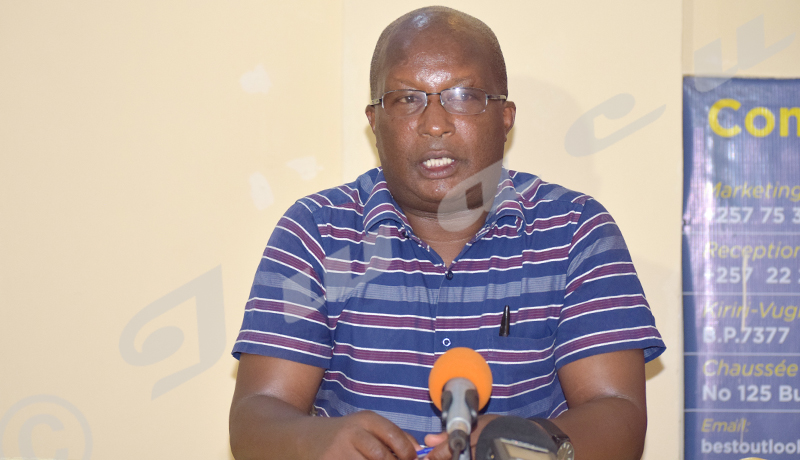
André Ndereyimana: “The good management of the mining sector in Burundi can boost the living standard of citizens”
According to this study, Burundi holds 6% of the world’s nickel reserves. In addition, its subsoil abounds with gold, tantalum, tin, tungsten, rare earth resources as well as industrial minerals such as the kaolin, phosphates and the limestone.
According to the analysis by Damien Mbonicuye and Jean Berchmans Ndikumana, both of them researchers, the mineral exploitation could considerably contribute to the creation of jobs and diversify the economy in Burundi.
However, they deplore the fact that this sector contributes at the rate of 1% of GDP and 3% in the country’s export earnings.
André Ndereyimana, Policy Advocacy, Research and Communications Advisor at ActionAid Burundi stresses the importance of good governance and transparency in the mining sector in Burundi to facilitate, increase state revenues from minerals especially at the time when funding through foreign aid is falling.
Mr. Ndereyimana recalls that the rational and responsible exploitation of mineral resources benefits citizens, mainly to the population established in mineral deposit localities. For him, this ensures, besides social welfare, the legitimacy of state institutions.
ActionaAid undertakes to submit the recommendations resulting from the exchanges on this study to the decision makers.

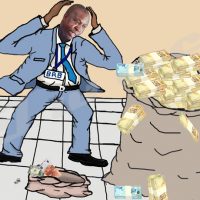
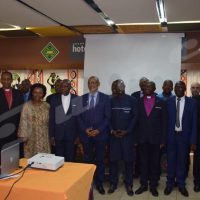
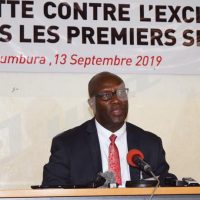
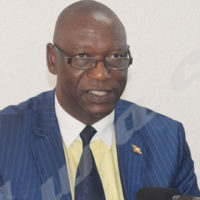
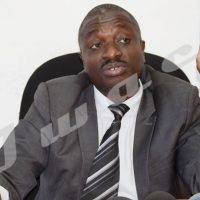













 IWACU Open Data
IWACU Open Data

